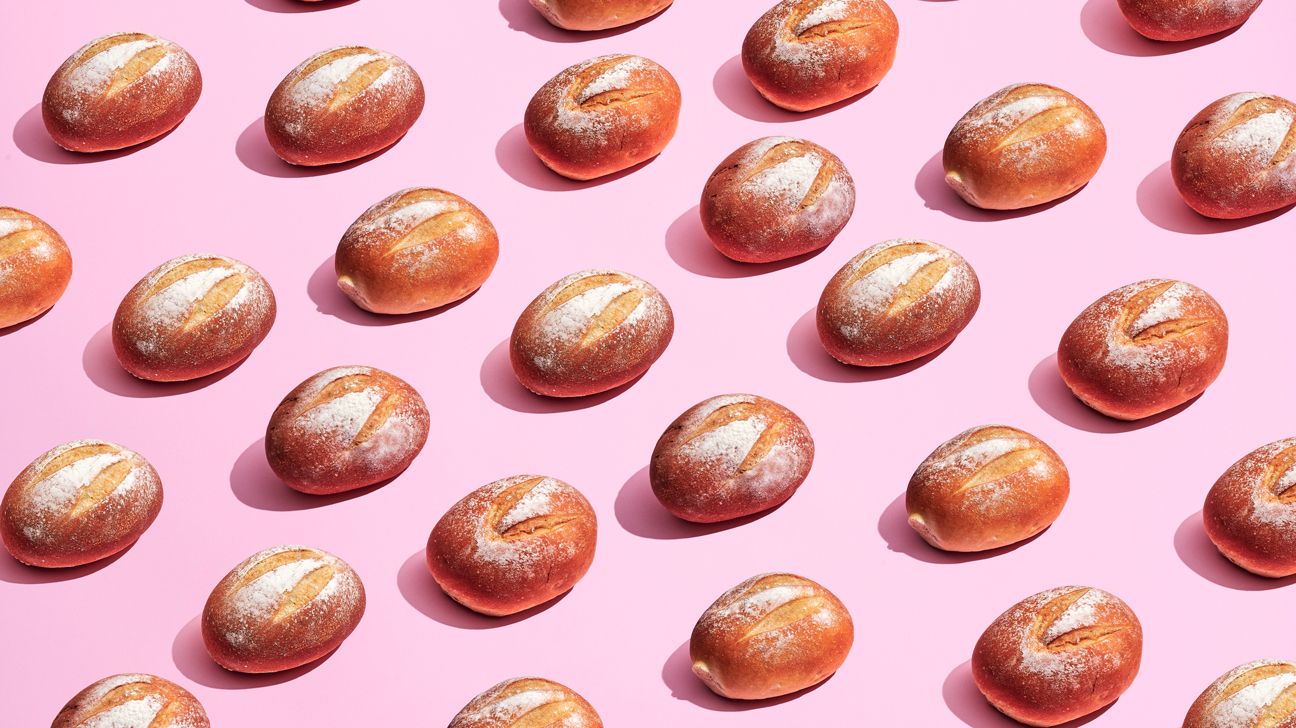Sometimes stress, Taco Tuesdays, bad oysters, or life with IBD gets the best of us. If your gut is in distress, or you are preparing for a colonoscopy or gut surgery, a bland food diet may be for you.
Here’s a run down of what to eat, what to avoid, and other tips to heal gut issues like:
- diarrhea
- gastritis
- ulcers
- heartburn (acid reflux)
- nausea
- vomiting
- gas
- intestinal surgery
What’s in a bland diet?
We’re talking about foods that are soft, low in fiber, and not spicy, fried, or stimulating (like alcohol or caffeine) and don’t add much bulk to stool. In other words, bland.
If a doctor has advised you to stick to a bland food diet, it’s important to stick to their suggested timeline before easing carefully back into regular noshing.
Food sensitivities and allergies vary per person, so it’s always a good idea to chat with your doctor first.
Generally, these are the staple foods to eat on a bland diet:
- yogurt and other dairy products, low fat only (if tolerated, and only in small quantities)
- cooked, canned, or frozen vegetables
- fruit and vegetable juices
- chamomile tea
- canned or cooked fruit with the skin and seeds removed, such as applesauce or canned peaches
- refined hot cereals like oatmeal
- breads, crackers, and pasta made with refined white flour (choose gluten free if needed)
- lean, tender meats, such as poultry, fish, and shellfish that are steamed, grilled, or baked
- creamy nut butter
- pudding and custard
- eggs
- tofu
- soup, especially broth
A word of caution: Especially for those with peptic ulcers
Many peeps experience GI discomfort due to lactose intolerance and/or milk protein intolerance. In this case, eliminating dairy completely might be the best approach. That means no butter, cheese, milk, yogurt, or ice cream. But for many, small amounts of low fat or fat free milk, yogurt, and cottage cheese are OK to consume on a bland diet (even though they do add residue to the colon).
Canned or cooked veggies to eat on a bland diet include:
- green beans
- beets
- white or sweet potatoes
- carrots
- peas
- pumpkin
- spinach
Bottom line on veggies and fruits:
- Avoid eating vegetables that are raw, and only serve them steamed or boiled with little to no butter or fat.
- It’s also best to avoid gas-causing veggies like the cruciferous family, like brussels sprouts, broccoli, kale, and others.
- Opt for fruits that are cooked or canned, avoiding those which are fibrous or contain seeds.
- Avocados, bananas, and melon are usually safe.
It’s best to steer clear of these foods when sticking to a bland diet:
- full fat dairy foods, such as whipped cream or high fat ice cream
- strong cheeses, such as bleu or Roquefort
- raw vegetables
- fresh berries and citrus
- dried fruit
- whole-grain or bran cereals
- whole-grain breads, crackers, or pasta
- spices such as hot pepper and garlic
- foods with a lot of sugar or honey in them
- seeds and nuts
- highly-seasoned cured or smoked meats and fish
- fried foods
You’ll also want to avoid medicine that contains aspirin or ibuprofen (Advil, Motrin)
- Eat small meals more frequently throughout the day.
- Avoid eating within 2 hours of going to bed.
- Chew your food slowly, as this cuts back on swallowing air, which produces gas.
- Don’t smoke. Ever.
- If a bland food upsets you, stop eating it. Everyone’s tummy is different.
- Drink slowly.
- Minimize or avoid dairy.
Consider an aloe vera and deglycyrrhized licorice root supplement, they’ve shown promise for managing digestive woes.
The bland diet is only recommended for short-term healing. Once you’ve recovered, you should gradually introduce more fiber and variety into your diet. Fiber is important for all sorts of things like:
- lowering LDL “bad” cholesterol
- balancing blood sugar
- nourishing gut bacteria
- aiding weight management
The bland diet is generally considered safe. But it could result in constipation since it’s lacking in fiber, which helps keep you regular. Sticking to a bland diet for too long can also result in an imbalance of healthy gut bacteria.
A bland diet is a short-term vacation from fiber and other irritants in your gut. Talk with your doctor about the best timeline and food list for your unique needs. Your doc may suggest incorporating antacids, acid blockers, or meds to your bland diet regimen.


